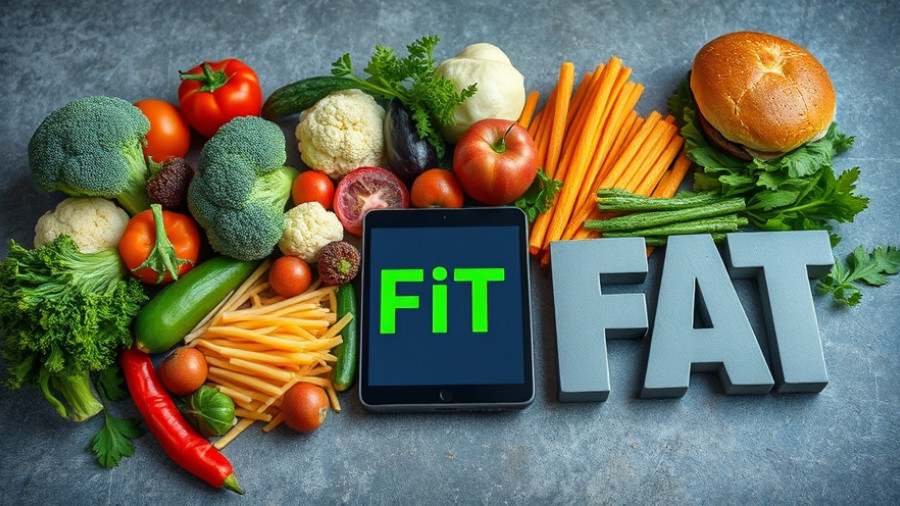
How AI Supports Mindful Leadership in HR
In today’s complex work environment, human resource professionals tackle a multitude of responsibilities—from hiring and onboarding to managing workplace culture and conflict. However, the question remains: who supports them as they carry the weight of these challenges?
The answer lies in the integration of artificial intelligence (AI) with mindful leadership practices. Rather than replacing the essential human touch of HR, AI augments it, providing tools that streamline tasks, enhance emotional intelligence, and foster a supportive work atmosphere.
Jen's Journey: From Overload to Empowerment
Consider the journey of Jen, an HR Director at a healthcare organization deeply committed to her team's well-being. Overwhelmed by the never-ending demands of her job, she often found herself drowning in daily stress. After attending a mindfulness retreat focused on emotional intelligence, Jen began implementing simple yet effective practices—like intentional breathing and stillness before meetings—that transformed her approach.
With the adoption of AI tools at her workplace, Jen discovered new ways to implement these mindful practices. Automating mundane tasks allowed her to dedicate more time to meaningful engagement with her team. The outcomes were profound; she reported feeling calmer, more focused, and, most importantly, reconnected with the very essence of her role.
AI and Emotional Intelligence: A Dynamic Duo
Emotionally intelligent HR practices empower professionals to respond to challenges rather than react impulsively. This shift impacts decision-making processes and extends to individual employee support. By integrating AI's capabilities of reducing cognitive overload, HR professionals access crucial insights that allow them to foster well-being within their organizations.
AI can substantially enhance team morale, productivity, and retention, as it frees HR staff to focus more on human-centered initiatives. In combining mindfulness and innovative technology, companies can create a healthier workplace dynamic within the existing framework of employee support and wellness.
Practical Applications of AI in Employee Well-being
To leverage the synergy between AI and emotional intelligence in HR, here are some practical approaches:
- Meeting Management: Utilize AI to record and summarize meetings, allowing HR to focus on interactions rather than note-taking.
- Candidate Screening: Apply AI systems to streamline the hiring process, ensuring that human judgment is still central to final decisions.
- Employee Engagement Surveys: Use AI analytics to interpret employee feedback quickly, revealing trends that inform organizational changes.
- Workplace Wellness Programs: Implement AI-driven assessments to tailor wellness initiatives to the specific needs and stressors of employees.
Breaking the Stigma of Mental Health in Workplaces
Incorporating emotional intelligence in HR goes beyond operational efficiencies; it plays a crucial role in fostering a culture of acceptance around mental health. As workplaces continue to evolve amidst challenges like economic stress and societal stigma, creating spaces for open dialogue around anxiety, stress, and emotional wellness becomes more important than ever.
For instance, implementing peer support groups and training HR staff in mental health first aid can help demystify the struggles employees face. Such initiatives not only support individuals but also promote resilience across teams. Access to mental health resources, counseling, and coping strategies should become core components of the employee experience.
The Future of HR: Integrating Mindfulness and Technology
The integration of AI in HR is just beginning to redefine leadership roles. As Jen experienced, simplicity can lead to profound change. The tools available aid in organizational mindfulness, enabling HR professionals to be the champions of emotional intelligence rather than the stressed participants in a reactive cycle.
By rethinking how technology can support human connection, we can foster an environment where employees feel valued and understood. AI has the potential to enhance mental health awareness and support within organizations, shifting the narrative away from mere productivity to a more holistic approach that prioritizes employee well-being.
Now is the time to embrace this synergy. By supporting HR with mindful practices combined with technological innovations, we are paving the way for a future where leaders can truly lead with heart.
Are You Ready to Embrace Change?
To initiate these transformative changes within your workplace, consider exploring AI solutions tailored for HR practices and advocating for mindfulness-based training for HR leaders. Engage your team in conversations about emotional intelligence and the importance of mental health resources to enhance overall workplace wellness.
 Add Row
Add Row  Add
Add 




Write A Comment